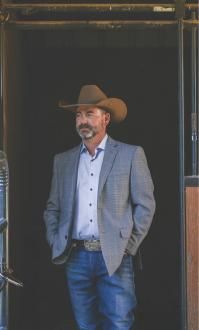Running any business comes with challenges, but running a family business has challenges unlike any other. Contributing writer Matt Villano recently sat down with the head honchos of four very different family businesses to discuss leadership. Here's what they had to say.
Growth and Payback
Eddie Priefert, President, Priefert Manufacturing
Mount Pleasant, Texas
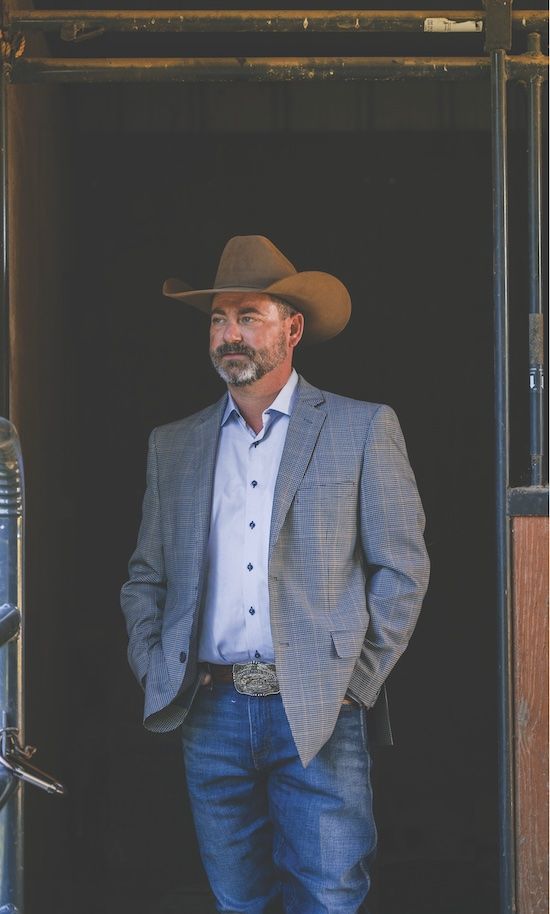
Priefert, 48, took the leadership role as president of the company in 2005. Along with his father and brothers, he has overseen a huge expansion from selling ranch equipment only into diversified steel processing sales. Currently the company is preparing for a historic expansion, to include a new rail spur and new facilities to increase both ranch equipment and steel processing significantly.
ON LEGACY: “My grandpa Marvin started this company in the 1960s after he invented the first gliding-action, fully opening headgate [a device used to secure cattle on a ranch]. He bought our 300-acre Priefert Ranch, and his first shop was a one-room building with a dirt floor. Through three generations, we just keep adding on to the ranch and growing the business. Now we've got multiple buildings and 1,000 employees. There's a lot of history. I know I'm blessed because my dad had me working in the plant from when I was 12 years old. I did every job in the business growing up. I went to high school and college and got my MBA. Then I came back to the only business I've ever known. Today I have four boys and a girl. They all work at the plant, too. This isn't just our family business; it's our life.”
ON STYLE: “For me, leadership is about discernment. I do a lot of delegation; I don't do a lot of detail work. There's no way I could possibly manage all our employees myself. I spend most of my time in my Ford F250 pickup, driving around the ranch and plant operations, checking in with people, checking in on various processes. When I do meet with folks, my mentality is servant leadership. I let good people have their own heads point them in the right direction, and I trust that they'll do better for me than I can do myself. I tell my people, ‘There's nothing you can't accomplish if you're willing to work for it.' My dad passed that down to me, and my grandpa passed that to him. I believe if I keep good people going in the right direction, there's no end to what we can accomplish.”
ON GROWTH: “It would be easy to go, ‘We're good,' and just stay where we are. That's not my makeup, and it wasn't my dad's makeup. We grow what can and just keep growing. There's too much opportunity in this nation to sit on your laurels and stop growing. We started as a ranch equipment company. Then we got into powder-coating steel. Now we're processing steel and growing our operations to process more steel. My grandpa grew up during the Depression and always asked, ‘How can I limit reliance on other businesses to do what I want my business to do?' He passed this along to my dad. When we got into tubing, my dad realized he was subject to the guy at the tube mill, so he went and bought a mill of his own. Now we want to slit [more] master coils [to process more steel], so instead of turning to someone else, we're going to put in our own slitters. Our growth is driven by the same mentality: ‘self-reliance.'”
ON OPPORTUNITIES: “Coming out of COVID, success is all about having the wisdom and discernment to see the opportunities out there and not trying to spread yourself too thin chasing them down. I see the biggest challenge as going at the opportunities that have the quickest payback, no matter how hard that path might be. I try not to get too sidetracked with too many other things at the same time. In two years, we may be begging for business, so we need to be smart now. A few years ago, we invested in automation in our plants — the payback on that was quick. It's always about payback. One-year payback is no brainer; two-year payback makes me think; three-year payback I don't even look at it. This, more than anything, keeps us moving forward.”
Process and Gut
Nick Castelli
President, Wolf Coffee
Healdsburg, Calif.
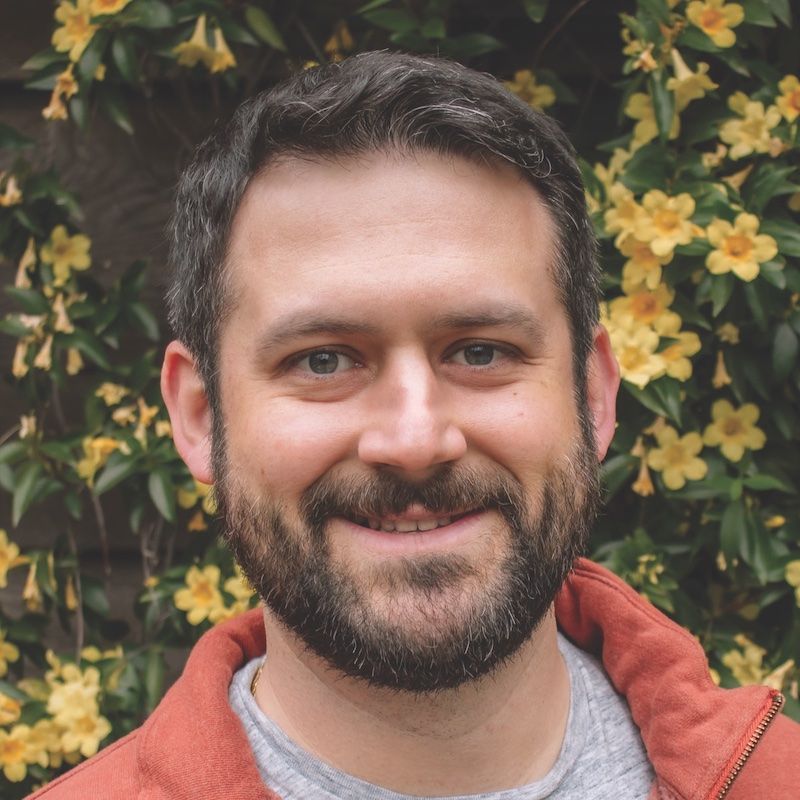
Castelli, 37, took over the family business from his father-in-law in 2018. He steered the company through COVID by rolling out a new business line (cacao roasting) and a popular new product (ready-to-drink cans of cacao-flavored coffee). His plan for the next 18 months: Keep innovating.
ON PIVOTING: “My in-laws started this business in 1990 as coffee company. Then COVID hit and we lost 40% of our wholesale business overnight. We had to figure out a way to pay the rent. This was it. We had a smaller coffee roaster and we modified it to roast cacao. It's usually roasted on sheet pans, but when you roast it in a coffee roaster the flavor is totally different. We kept a larger roaster for coffee, and now we're doing both. I don't think this pivot had anything to do with confidence — it had everything to do with surviving. We had to keep the lights on. I had no idea what I was going to do, but thankfully this worked. When the times get tough, it's all about who's going to get scrappy, who's going to do what they must to keep the doors open.”
ON PROCESS: “I have two different processes. One is calculated. Excel spreadsheets are involved. There, I sit down with the numbers and ask, ‘What's my payback period?' Then there's also the gut feeling piece. Hopefully the gut feeling matches up with the spreadsheet, but it doesn't always. When they don't match up, I ask myself, ‘How much risk are you willing to take for this endeavor?' For input, I talk to my wife, Natasha; employees; and my in-laws, who started the business. I bounce questions off other people, too. Should I keep doing this? Should I not keep doing this? What do you think about this? How would you do it? Ultimately, I try to feel like I have an informed position. You just do the best you can. Sometimes you get it wrong. I'm not afraid to get it wrong because I feel like everything I'm doing is calculated. My background is project management and risk mitigation, and that comes in handy.”
ON INNOVATION: “In late 2021 we were gearing up for the San Francisco Coffee Festival. We knew we wanted to participate, and we knew we wanted to be different. There were 75 roasters doing the same light roast stuff. We decided to lead with our dark roast and lean into our work with cacao. I made a coffee and cacao nitro cold brew just for the event. We started pouring samples, and people lost their minds. We poured 1,100 samples over the course of the show. After the show we launched the product as a new SKU. It's the first time we've ever done a ready-to-drink beverage — that category is reserved for the big guys, and we're not one of those. People love it.”
ON LEARNING THE ROPES: “My first six months were 100% reliance on my father-in-law. I didn't know how roast coffee, how to run a business or how to run payroll. Between my wife and my in-laws, they all taught me how to run the business. There became this inflection point where instead of calling my father-in-law two to four times a day, I was calling him maybe once a week, then once a month. I became the expert and now I'm doing it — now it's my show. I think we have innovated and done things my in-laws never would have thought of. I've faced adversity they didn't, and I thrived through it. I was having a glass of wine with my father-in-law recently, and he said, ‘You're doing a great job.' That feels good to hear. That's what it's all about. To continue this legacy, to keep innovating and to have people excited to say the words ‘Wolf Coffee.'”
Heart and trust
Jamey Flannery
President, Flannery Construction
St. Paul, Minn.
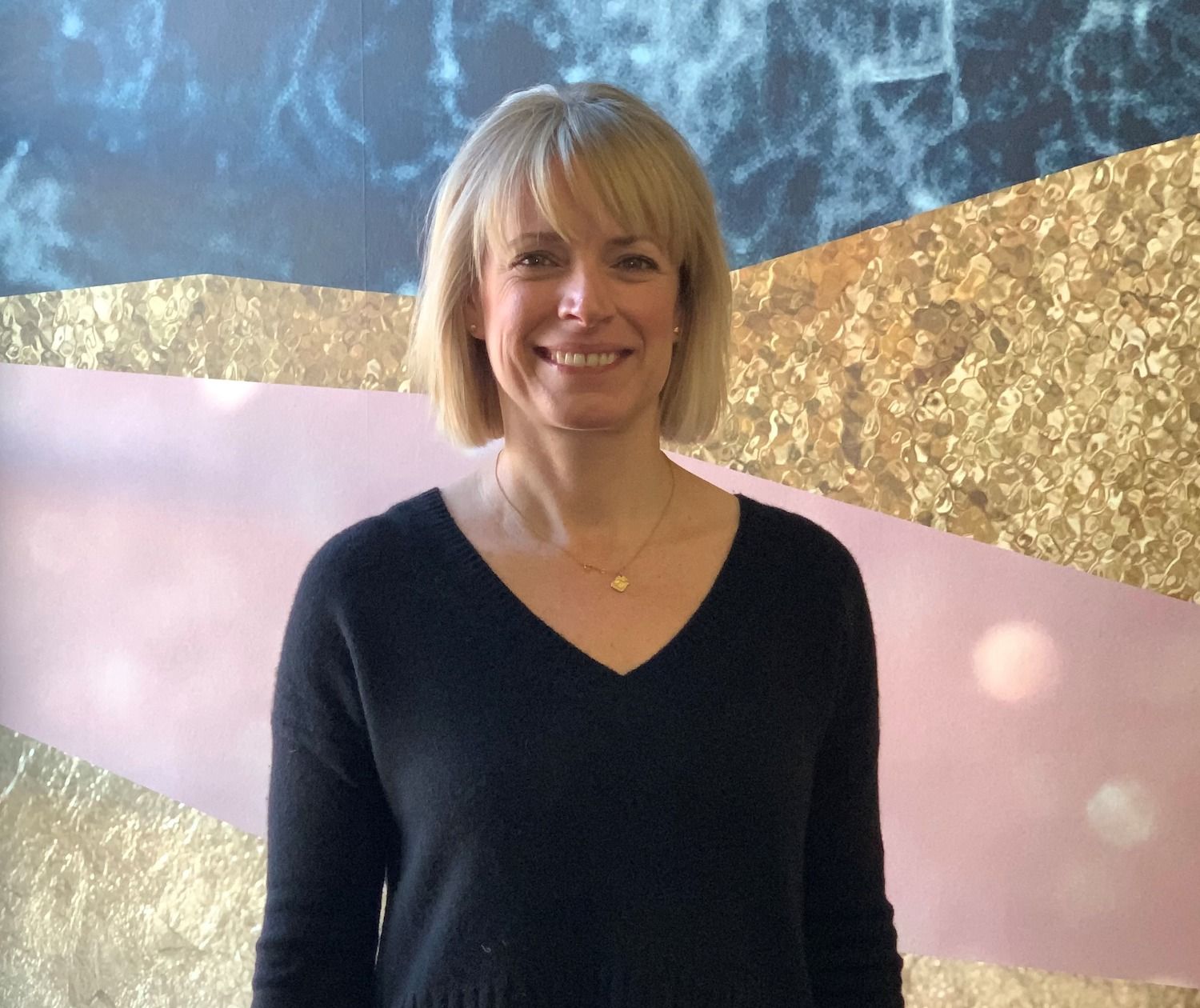
Flannery, 44, took over the family business from her father in 2015 and immediately saw revenues climb 40% to 50%. Her approach is centered on compassion and communication. She also is rolling out new systems and processes to make workflows more efficient.
On cultivating leadership: “My dad started this business in 1980, and I learned a lot from him. Like the fact that you show up every day. That you have a strong work ethic. That you do what you say you're going to do when you say you're going to do it. My dad has a calm and quiet leadership style, and I share that with him. It's both my natural way of being and my leadership style. It's unique in the construction industry, where there's a lot of yelling. I believe firmly that you must be grounded within yourself and understand your own boundaries, so you always know what's yours and what's not yours, what's in your control and what's not in your control. When you can make those separations, you can come from a much more grounded place. In business and in life.”
On communication: “I'm very hands-on. I work hard to try to communicate about values and ethics. I try to make it explicit to employees how decisions are being made and what ethos is behind my decision making. I'm not great at company meetings or the newsletter type of stuff. I'm more of a one-on-one type of person. When I am in a tough situation or I must make a decision on a project, I just talk about it. Sometimes I will do what I think is fair, regardless of whether contractually we were obligated to so something. I don't think everything is always black and white, and I recognize that sometimes we must have a conversation to make those decisions. I also really try to communicate that it's important for our people to care of themselves. From an employee perspective, I try to normalize taking vacation and not working when you're on your vacation. As a leader I understand people have to take care of themselves and their families. That needs to be OK.”
On managing risk: “I think I'm pretty open to new things. I am definitely more open to handshake and trust relationships than some of my employees think I should be. That is something I learned from my dad. He is very much a handshake person. That's how you did business in his generation. It's changed a lot, but I still try to operate in good faith with clients and subcontractors. I consider this to be a very relationship-based business. At the same time, you do have to have contracts and you do have to back everything up. I'm open to acting in good faith until we can figure out the nuances of a contract.”
On overcoming business challenges: “Our office is in St. Paul, and most of our projects are in the Twin Cities metro area. The civil unrest [following the murder of George Floyd] in May 2020 really impacted a lot of our projects. Some of the unrest that happened in St. Paul happened directly across the street from our office. Then there was COVID, which impacted everything from staffing to supply chain. Since all of that, we've changed the way that we operate on projects. We've changed our systems and processes and procedures for procurement. Now we frontload as much as we can. If we have an HVAC unit that's 6 to 8 months out, we put that into the schedule at the beginning. We need to be in constant communication with our contractors and subcontractors. It's significantly more work to put the same amounts of units or square footage in place. The goal is that these changes will make us better to handle anything that comes our way.”
Authenticity from adversity
Daniel Zairick
CEO, Rovianda
Mexico City, Mexico
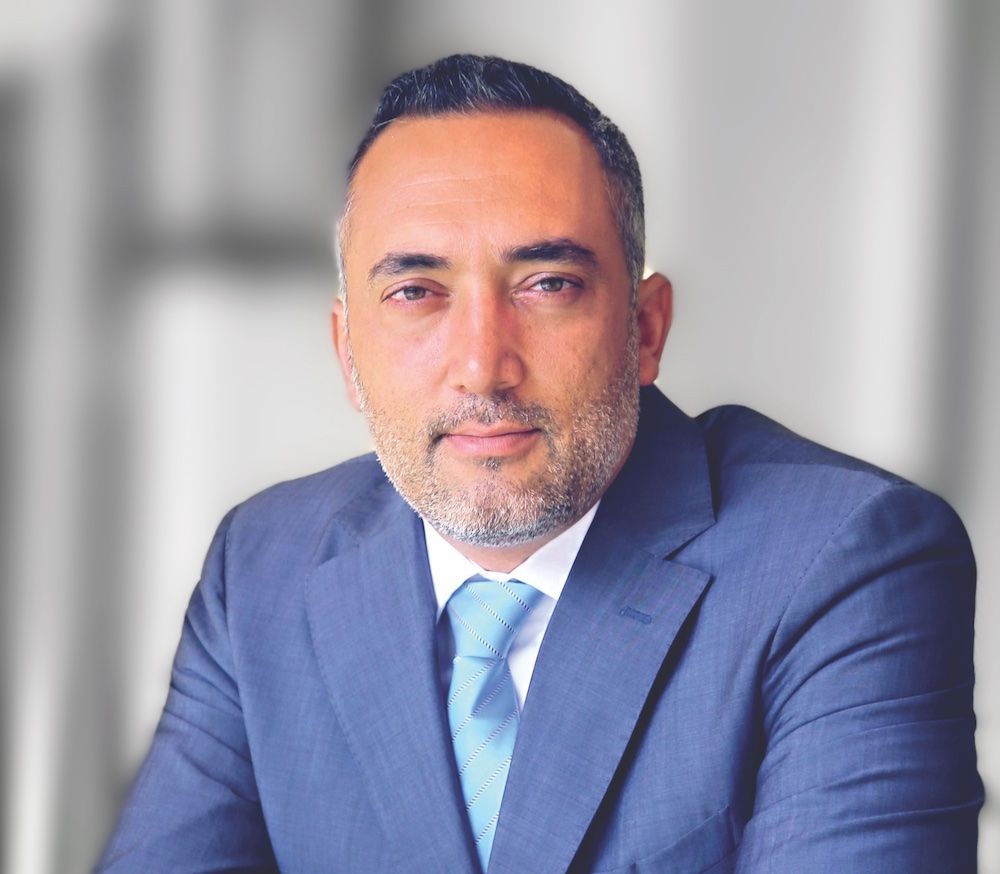
Zairick, 47, is a real estate developer and CEO of several disparate businesses, some of which were started by family members in the previous generation. Perhaps more important, he was kidnapped for ransom in 2003 and spent 221 days in captivity. He says the experience changed the way he leads.
On the kidnapping: “I was kidnapped 19 years ago. They took me January 27, 2003, and they let me go September 6 of the same year, after my father paid the ransom. I was held captive for 221 days. It happened in Veracruz, about an hour from where I was living at the time. My family's business had opened a billiard room with 51 pool tables. It was nice. It was modern. Someone must have thought there was money to be made. So they took me. When they had me, I feared for my life 24 hours every day. There was a TV where I slept, and my kidnappers had it at max volume 24 hours of the day. I was blindfolded most of the time. After months passed, they started leaving me alone for a few minutes or few hours at a time. Even then, every time I heard a loud noise outside of the room, I started shaking, thinking they were going to kill me. It was a terrible experience.
On stoicism: “Obviously being held captive changed me a lot. I became a lot more stoic. I became much more self-aware. That changed my business style, specifically how I conduct myself with others. I used to be friendlier. I learned the hard way when you are friendly with everybody in Mexico, everyone wants to bite your hand. After the kidnapping, I hardened myself. Less emotion. I am nice to those who deserve it but tougher to those who don't. I also became a lot more patient. If I have a problem, I don't worry. A problem either has a solution or it doesn't have a solution. Life goes on. The problem will either come to an end or it won't. Understanding that, embracing that philosophy, has kept me emotionally quiet. Even though on the inside my head is working 100 mph and thinking about everything, outside I'm not an expressive guy. I always have a poker face. That's who I am now.”
On collaboration: “In business, especially now, I don't like to have partners other than family. Close family at that, meaning brothers and sisters. Maybe when my kids are old enough, my children. Or my father or my mother. One degree of separation. I don't know if I learned that from my father or if that is just a result of the kidnapping. My father ended up being partners with his cousins, and that didn't go well. I like to work by myself. I know I can make good decisions when I'm left alone. And I've proven that. I'm not perfect, but I am honest with myself. I'm going to see my mistakes and correct them without other people telling me about them. It's OK to learn these things about yourself.”
On due diligence: “Anything that anything that comes in front of me business-wise, I take it calmly and patiently. I ask for all my options before I make a decision, and I always make a decision with as much information as I can have, no matter what timeframe it might take. I try to show that to my staff and have them be patient and reasonable. I try to keep things calm. Not rushing to conclusions has helped me and probably helped my businesses a lot. I always ask my people, gather as much information as they can. We'll make the best decision we can. It's simple, if you think about it. And no matter what has happened to you in your life, it is a good way to approach business.”
Matt Villano is a freelance writer, author and dad based in Healdsburg, Calif.


